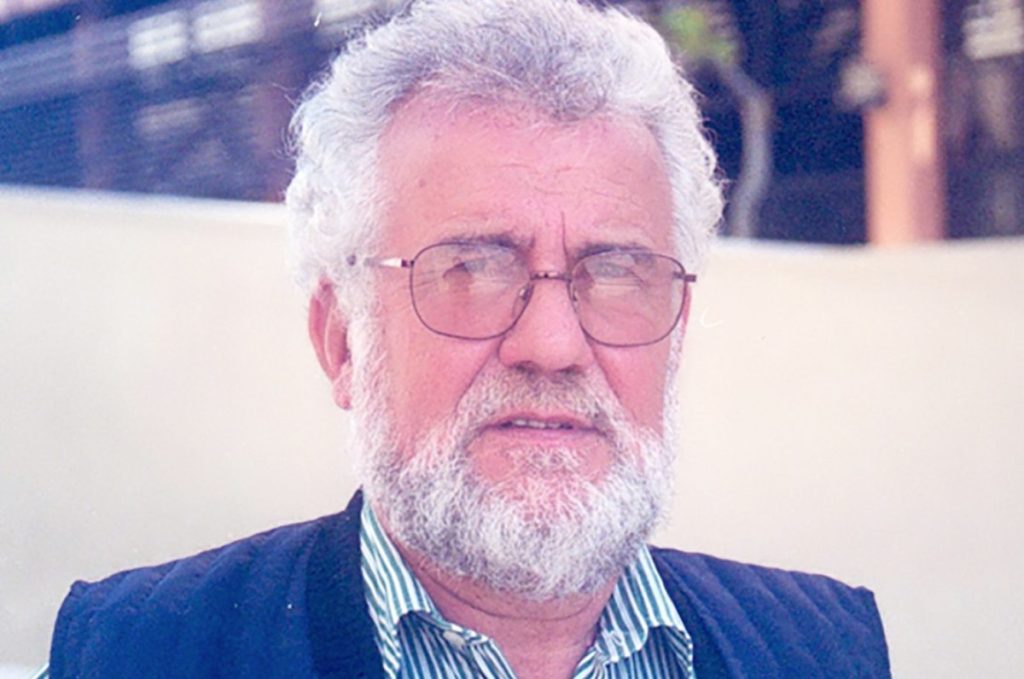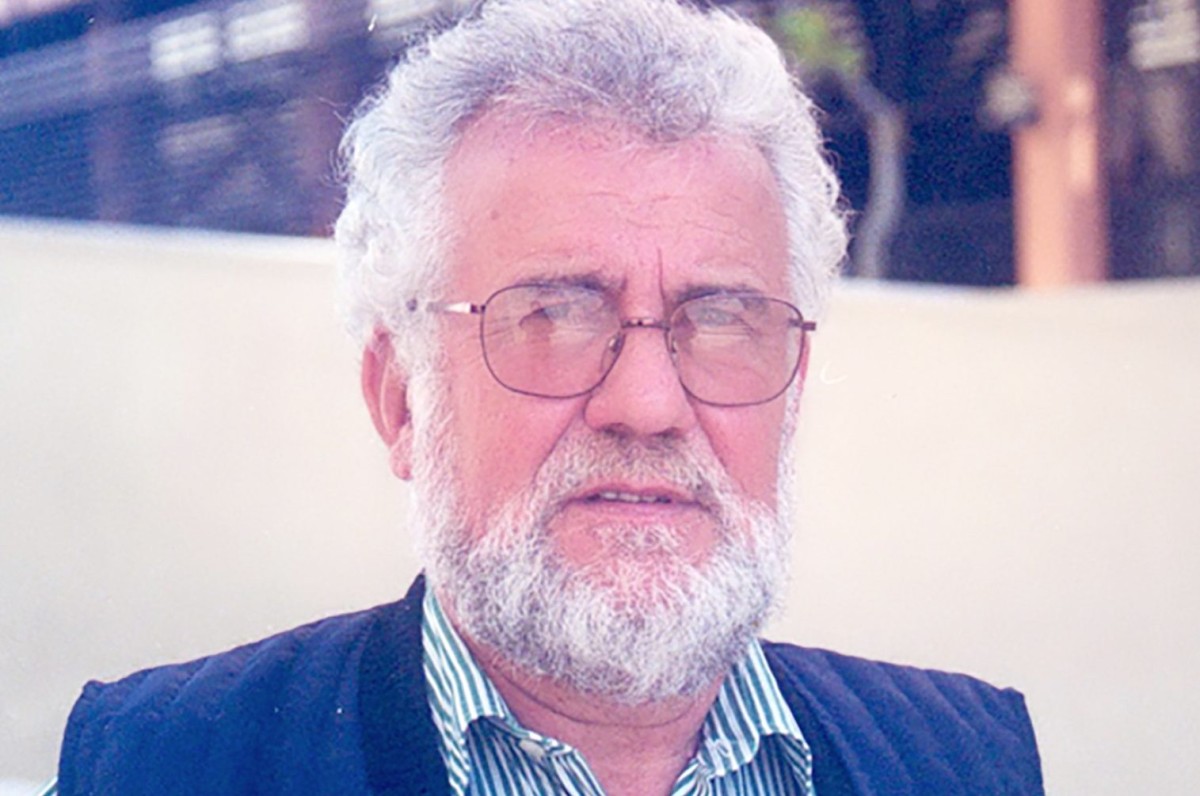
Birthday Countdown
Early Life and Education
Vitorino Nemésio, born on December 19, 1901, in Praia da Vitória, Azores, Portugal, was a prominent Portuguese writer, poet, and literary critic. He studied at the University of Coimbra, where he obtained a degree in Romance Philology.
Literary Career
Nemésio's literary career began in the 1920s with the publication of his first poetry collection, "Coroa da Terra." He went on to write numerous novels, essays, and plays, earning him recognition as one of Portugal's most important literary figures.
Notable Works
Some of Nemésio's most famous works include "Mau Tempo no Canal," a novel set in the Azores during World War II, and "O Verbo Escrito," a collection of essays on literature and culture.
Awards and Recognition
Throughout his career, Nemésio received several prestigious awards, including the Grand Prize for Novel from the Portuguese Writers Association and the Camões Prize for Literature.
Personal Life
Nemésio was married to Maria das Dores Ferreira de Castro, with whom he had two children. He was known for his love of nature and his deep connection to the Azores, which often served as a source of inspiration for his writing.
Legacy
After his death in 1978, Nemésio's work continued to be celebrated and studied by scholars and readers alike. His contributions to Portuguese literature have left a lasting impact on the literary landscape of the country.
Age and Height
At the time of his death, Vitorino Nemésio was 76 years old. He stood at an average height of 5 feet 8 inches.
Net Worth
While specific details about Nemésio's net worth are not readily available, it is believed that his success as a writer and literary figure allowed him to live comfortably throughout his life.
Future Prospects
As we look ahead to 2024 and beyond, Vitorino Nemésio's legacy is sure to endure as future generations continue to discover and appreciate his work. His unique voice and perspective will continue to inspire and captivate readers for years to come.
Conclusion
Vitorino Nemésio was a literary giant whose impact on Portuguese literature cannot be overstated. His insightful writing, deep connection to his homeland, and enduring legacy make him a figure worth celebrating and remembering for generations to come.









